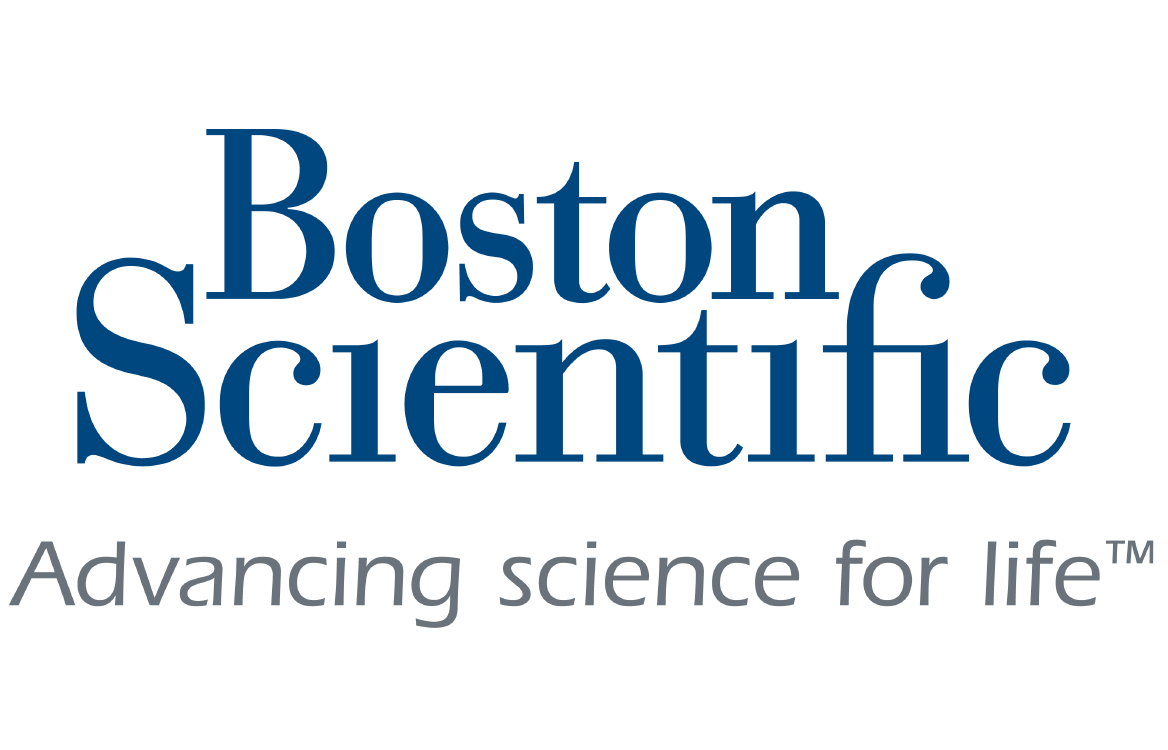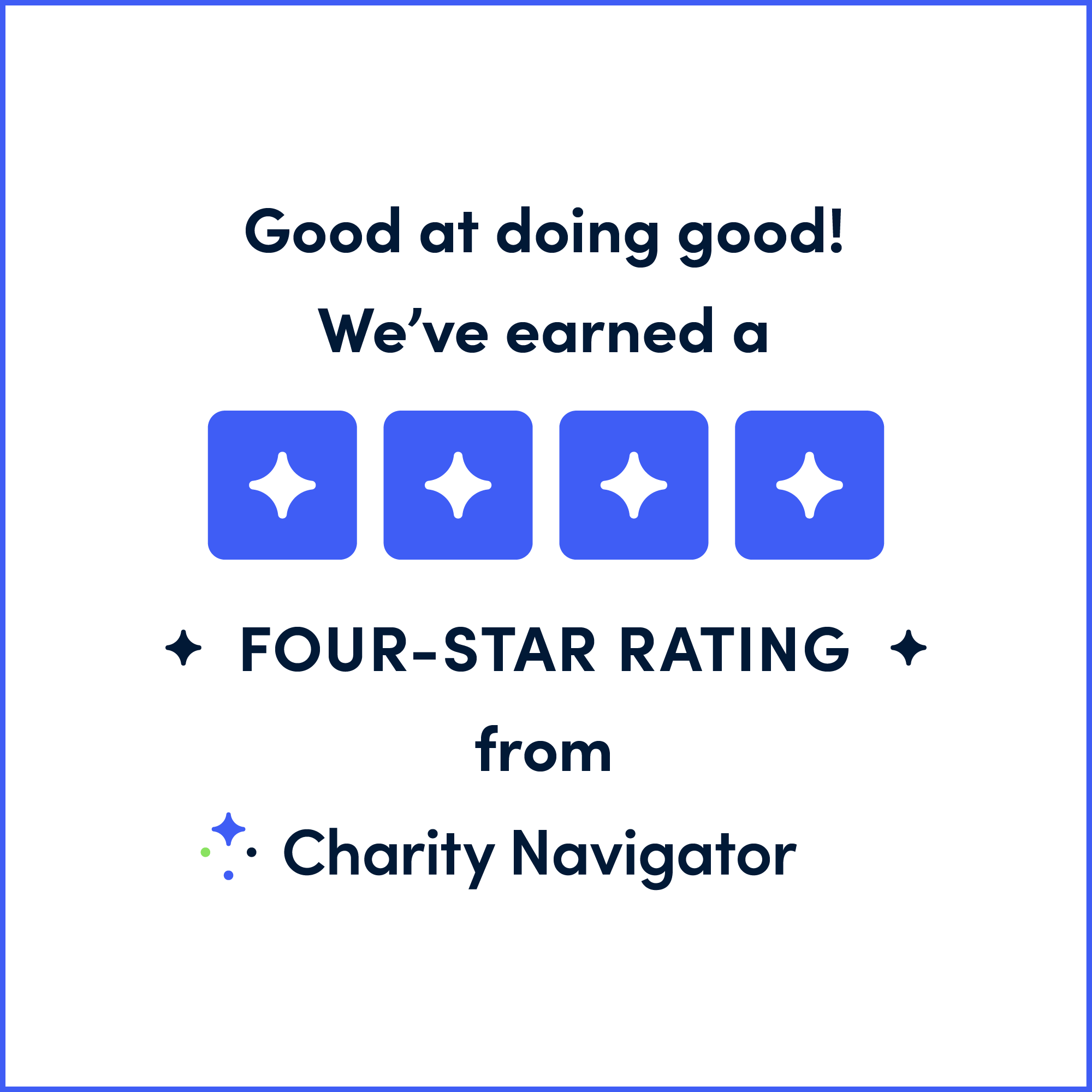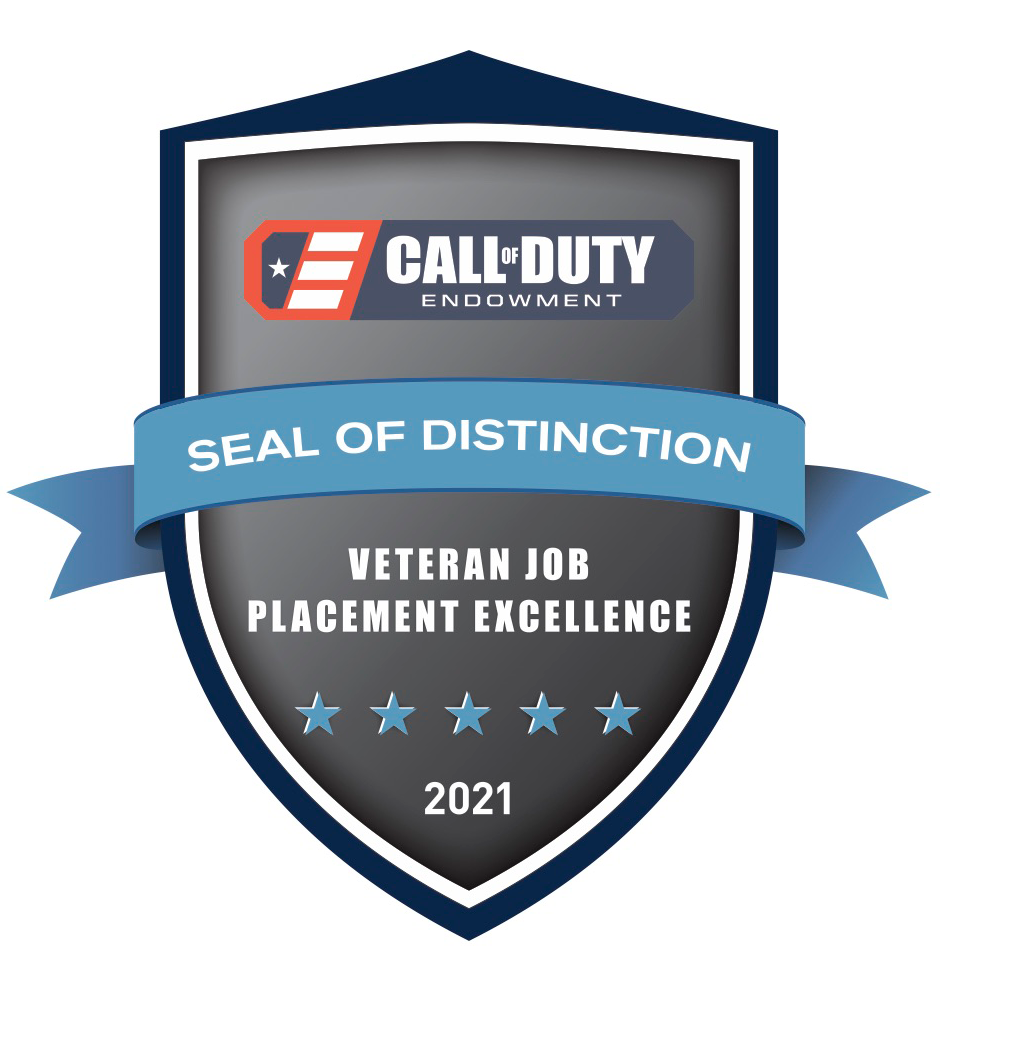Transforming the Veteran Post-Military Experience One Mentorship at a Time

Before landing an engineering position at Boston Scientific more than 15 years ago, John Hauser served in a very different role: operating nuclear submarines like the USS Tucson (SSN-770) and USS Norfolk (SSN-714), which he ran while on tours to the Pacific Ocean and the Mediterranean Sea. Today, he leads operations for the Boston Scientific site in Spencer, Indiana, but his experience transitioning out of active duty into a civilian workforce required preparation.
For Hauser, working with a recruiting firm, coupled with excellent training, supportive colleagues and a culture of collaboration at Boston Scientific, were key to easing his transition. Many younger veterans may not have those resources and working with a mentor can be the most practical way to reintegrate into civilian work life. Hauser and dozens of other Boston Scientific employees who have been through that experience are paying it forward by making career counseling more accessible.
Through a partnership with American Corporate Partners (ACP), a national nonprofit that assists post-9/11 veterans in their transition into civilian workforce, corporate employees with military backgrounds can volunteer to mentor a veteran for up to a year. In this role, they provide career counseling and networking opportunities—an invaluable resource for veterans who may lack an existing professional network.
A Fresh Start After a Long Military Career
Since 2020, Boston Scientific has secured dozens of volunteers who have been or will be paired with a fellow service member looking to transition to the civilian workforce. The program helps employees and leaders live the company’s caring value and create thriving employee communities. It’s also an example of how Boston Scientific is impacting lives beyond its innovative medical solutions.
“The goal of the program is to arm them with information and understanding to facilitate the transition out of a military career into a role and a career,” says Hauser. “It’s a challenge for any transitioning veteran because your leadership skills are transferable, but you don’t necessarily have the professional network or the context of corporate challenges.”
And while this partnership is new, the company’s support of the military community is not. In 2017, Boston Scientific was named a recipient of the Secretary of Defense Employer Support Freedom Award—the highest recognition given by the U.S. government to employers for their exceptional support of veteran employees. And in 2019, the company was recognized as a Yellow Ribbon Company for supporting service members, military families and veterans as they transition to employment. Additionally, the VETS employee resource group (ERG), a group of Boston Scientific employees who network and volunteer together, actively raises awareness of community issues in support of employees serving on active duty, veterans and their families.
Adjusting to a Different Culture, Pace and Speed
A Pew Research Center study found that half of post-9/11 veterans (47%) say it was very or somewhat difficult for them to readjust to civilian life after their military service. That’s largely due to the differences in pace and speed, says Hauser. Service members are adept at collaborating across time zones, teams, and functions—and in most cases, working 24-hour shifts. A corporate job, on the other hand, may look very different.
Hauser was recently matched with an infantry officer from the Marine Corps with eight tours in Afghanistan and Iraq under his belt. They meet every other week to discuss resume tips, interview preparation, and compensation. As the relationship progresses, Hauser will cover an important, less obvious aspect of the transition: how leadership skills can be applied to specific industries, disciplines or business functions.
“Veterans know they have strong leadership skills, but they may not understand why they can’t just roll into a leadership position without first identifying a functional aspect of said leadership position,” Hauser says.
To date, Hauser has already introduced his protégé to several leaders working in consulting, human resources and project management. He says it’s a slow process, but a necessary one as professional networking and career counseling are key for building credibility when starting from scratch.
In 2020, one-third of the Boston Scientific employees who volunteered for the program participated in multiple mentorships. Today, the program has grown to approximately 60 registered employee volunteers across sales, marketing, and global sourcing.
To learn more about career opportunities for veterans, visit here.











